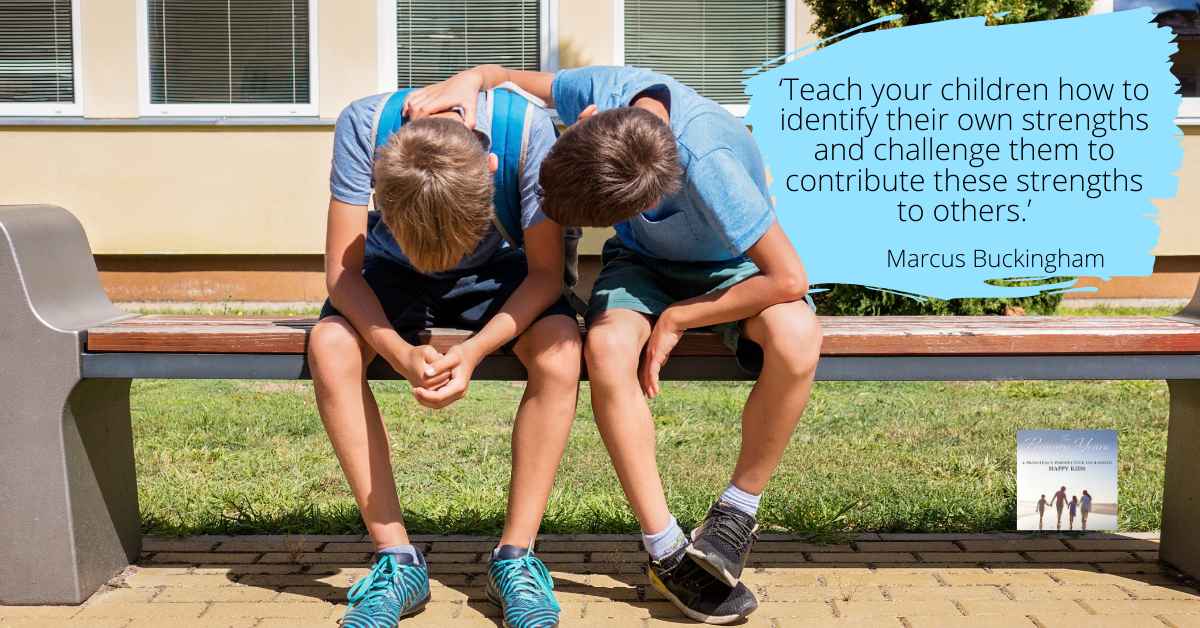Boys and education
Educating boys is a wonderful exercise but it comes with its challenges.
Do any of the following statements ring true with you:
Are we asking our boys to?
Sit still.
Listen with intent.
Be less aggressive when upset.
Be more stable in their emotions.
Manage their testosterone better.
Be interested for longer periods of time.
Be less noisy.
Respond when spoken to.
Show more interest in education.
Be less distracted.
The list goes on as we think about how educating boys and bringing them up is thwart with difficulties and challenges. My response is a simple one. I just loved teaching and working with boys. In fact, if given the choice I would have loved facilitating a school of boys. They are just the most remarkable and interesting young people to teach. Let’s think about these observations that I acquired in my work with boys.
I found boys loved learning with passion when they found something they enjoyed. Yes, it was hard to engage them with general material, but once the passion was there, the learning was extensive and at that point, boys really concentrate, stay focussed and even sit still!
Boys will naturally get angry and their fighting at times can be quite spontaneous, very physical, noisy, most unattractive and unacceptable. However, they move on quickly once they deal with their anger and face consequences. Amazingly mateship and forgiveness come quickly. Boys don’t seem to harbour long, negative memories and are quite prepared to shake hands and move on.
If you build a relationship with boys, they will open up and talk more freely. Once trust is built with a boy, you will find they will talk more openly to you. Otherwise, they can be cautious in disclosing their feelings and particularly closed about emotional matters. Keeping feelings closed is not mentally healthy for boys.
Sensitivity is another important aspect of growing boys. Their behaviour at times may not seem to depict sensitivity, but they are very sensitive by nature and need caring at this level. We want our boys to be treated with sensitivity to learn how to display sensitivity.
Often people notice that boys generally learn or seem slower in their learning to girls especially in the early years. It is a biological fact they are generally not as developed physically, intellectually and emotionally as the girls, which means that setting expectations for them in the early years as with the girls is not a success. They certainly accelerate in early teens, which also requires giving them emotional and breathing space, as they grow into young men.
A boy learns so much from solid modelling from their parents and especially from their father. They learn by observation and will seek out models that they can identify with comfortably. Never underestimate that how you communicate with your boy influences how they present themselves to others.
Friendships and peer relations can have an impact on how boys manage themselves. Be accepting and open to their friendships and show that you trust their judgement in forming friends.
Set boundaries that are clear and reasonable. Clarity with boys is very important. From time to time you may need to negotiate a change with those boundaries.
Of course, being active and involved in sports is such an important part of a boy’s life. They need to be active and teachers often find that teaching them in short sharp bursts is the best way for their learning. Physical activity and especially working in teams, is such a healthy way of life. It gives them balance to be active as well as passive.
Above all enjoy your boy. Accept that they are quite different in how they approach the world to our growing girls. Do not necessarily set the same expectations for them as girls and celebrate all the quirky and interesting facets of your son that you discover. When you see behaviour that is unappealing, remember that you love the boy and the behaviour will pass. Your acceptance of them for who they are, will pay dividends as they grow into happy, capable young men.
‘I realise that despite my tiredness, my son has the most fun when I do things his way-wild and loud. Go Big or go home.’
@ powerful mothering.com



















